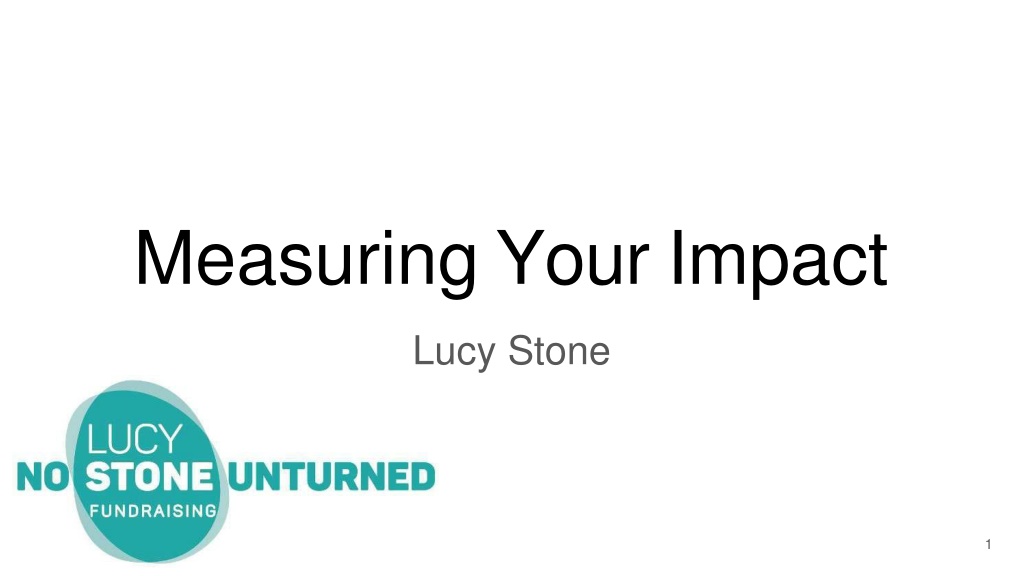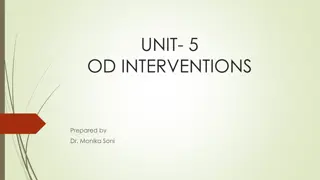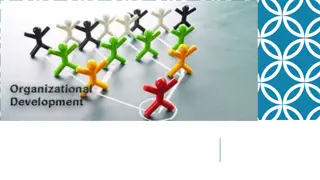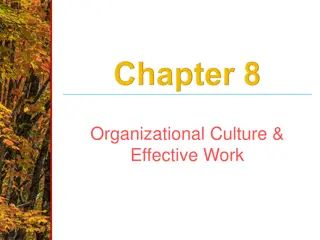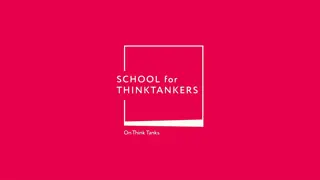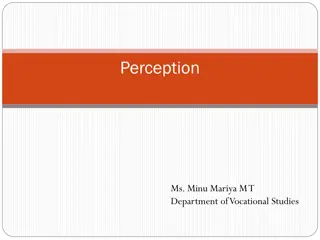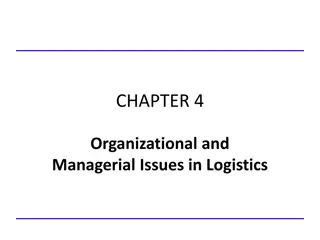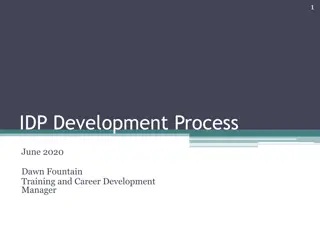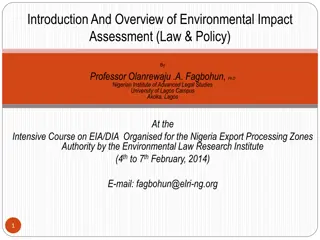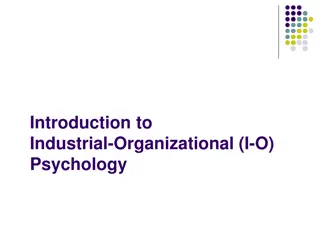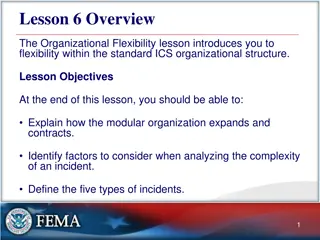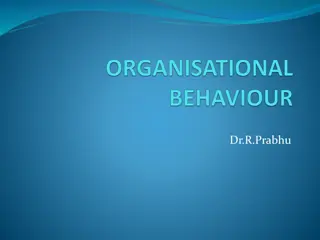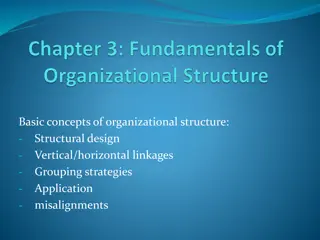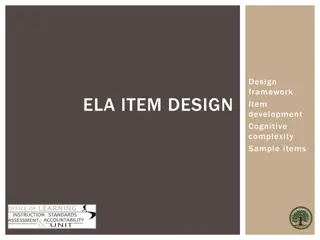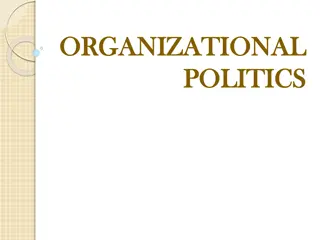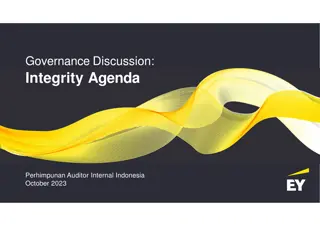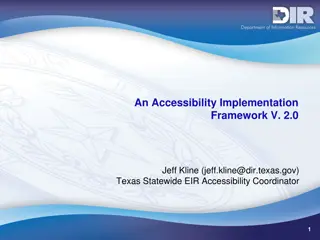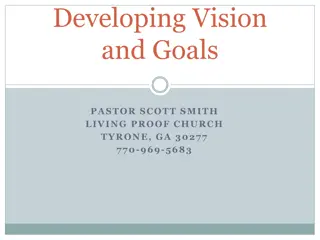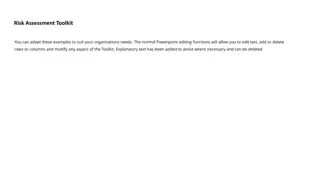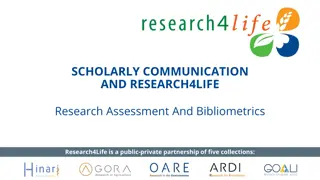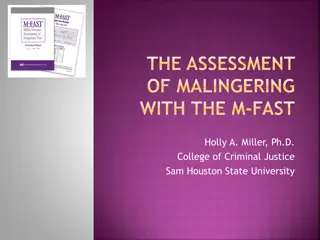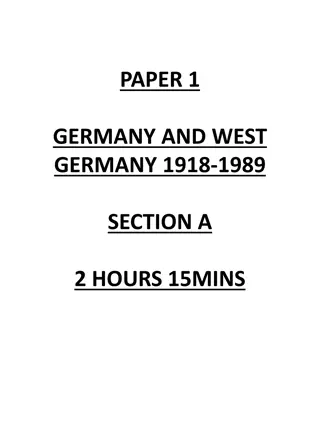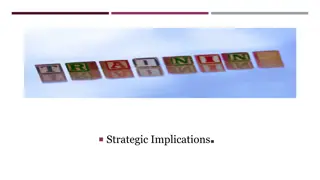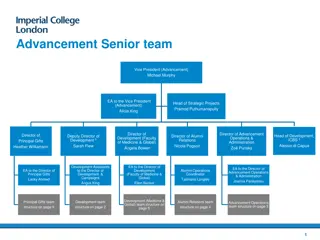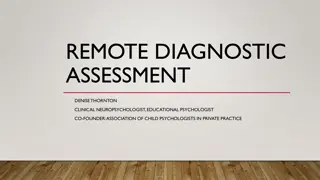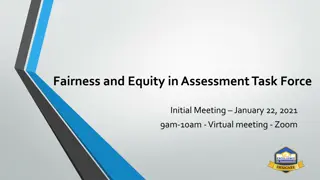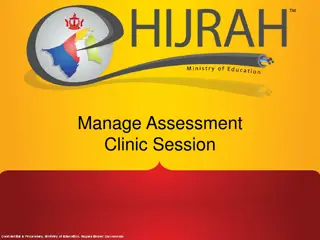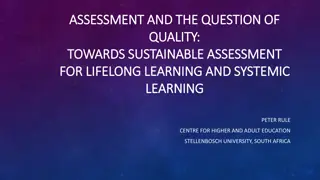Understanding Impact Assessment in Organizational Development
Explore the essential aspects of impact assessment, from measuring outcomes to leveraging data for organizational growth. Discover why sharing stories and evidence is crucial to attracting funding and support. Learn how to manage stress effectively and prioritize mental health for optimal productivity.
Download Presentation

Please find below an Image/Link to download the presentation.
The content on the website is provided AS IS for your information and personal use only. It may not be sold, licensed, or shared on other websites without obtaining consent from the author. Download presentation by click this link. If you encounter any issues during the download, it is possible that the publisher has removed the file from their server.
E N D
Presentation Transcript
Measuring Your Impact Lucy Stone 1
Lucy Stone - about me! Increase Grant, Trust and Foundation income Develop new income streams Improve relationships with funders Arts & Cultural organisations Sussex Grassroots Organisations 2
You How are you? How is your mental health? Are you getting support? Are you taking breaks? How is your time management? Are the 8nos9 hitting you harder? 5
You You can not do your best work for your organisation if you are not ok. You can9t write well if you are frazzled This has always been an important question, however, with COVID-19 and cost of living crisis the world is different. 6
Session Overview What talk about impact? Outcomes are a piece of cake! Inputs and Outputs Writing outcomes Evaluation systems Evaluation Framework Theory of Change How can you use the data and stories collected? 8
Why talk about impact? Telling stories about your work Using evidence not anecdotes Funders and donors want to know how their support will or has help Evaluation, monitoring and reporting Shows the change that you make happen in the world Underpins your case for support 9
Outcomes Funders want to understand your impact Muddling up your input, activities, outputs and outcomes - think CAKE! https://bigblogscotland.org.uk/2014/03/17/outcomes- are-a-piece-of-cake/ 11
Inputs Outputs How many people, What do you need to do your work? activities and 8things9 have Budget items required to been achieved? implement the project What are the numbers? Consider values, volume Resources - IT, equipment, spaces/ venues etc People and expertise 12
How to write an outcome A CHANGE that you expect to see Increase / Improved / Decrease / Reduced 8Soft9 outcomes are as important as 8hard9 outcomes Keep them simple - no 8and9, commas or qualifiers Don9t have too many! Can have a number output assigned to them. 13
Outcome planning What do you want people to gain? Think about Knowledge and/or skills Attitudes Behaviours NPC Theory of Change Link 14
Outcome examples Increased confidence Reduced isolation or increased positive relationships Improved XYZ skills/ literacy/ maths Increased self motivation Decreased stress or increased wellbeing Increased number of people supported 15
Evaluation Systems - what might be included? Outcomes, Inputs, Outputs, Activites Evaluation framework Questionnaires - evaluation forms, sticker charts Consultation frameworks - interviews, focus groups, debriefs etc Social media data gathering Theory of Change Iterative project changes - it9s a cycle 16
Its a cycle 17
Evaluation Framework Plan for What your outcomes are How you will measure your outcomes What are you measures of success are How you will collect the data - what are the sources of evidence Who will give you feedback Let9s look at an example.. 18
Evaluation Framework Outcome Measure of Success/ Outcome Indicators Source of Evidence Result Examples How will you know if it has been a success? What is the outcome you are aiming for? Where will you find that information? What data will you have? What change will you see? What are the methods of evidence collection Quantitative and Qualitative Who is giving you this information? Increase confidence Reduce Isolation Improve wellbeing 19
Outcome Measure of Success/ Outcome Indicators Source of Evidence Result Examples How will you know if it has been a success? Where will you find that information? What data will you have? Quantitative and Qualitative Increase confidence Report feeling more confident and enjoyment by - Participants - Key workers - Parents/ carers - Your team Evaluation forms (next slide) from - Participants - Key workers - Parent/ carer - Your team X% of participants feel more confident X% of participants would come again X% of key workers/ parents/ carers report observing increased confidence Session observations by team members/ professionals Level of/ Number of etc Anecdotal evidence e.g song lyrics, activities participated in. Quotes Other evidence of confidence Case Studies Qualitative feedback - quotes and case studies Number of people attending the full course Focus groups 20
Questionnaire example 1 2 3 4 5 I feel more confident after the workshops (increase confidence) I could contribute my ideas a the workshop (increase confidence) I made friends at the workshops (reduce isolation) I had fun at the workshops (improve wellbeing) The workshops help me feel less worried (improve wellbeing) I would recommend this to others (general feedback) What three things have you learnt at the workshop 1. 2. 3. What else would you like to tell us? 21
Evaluation Framework - Good practice Keep the questions simple. What data are you already collecting? Try to have at least two indicators for each outcome. Combine quantitative data (numbers) and qualitative data (descriptions or narrative). How can you hear different voices and perspectives? Think about the measures of success in a broad sense - in the example - what else might show increased confidence? 22
What is a Theory of Change? 8A Theory of Change is a diagram that explains how a programme has an impact on its beneficiaries. It outlines all the things that a programme does for of its beneficiaries, the ultimate impact that it aims to have on them, and all the separate outcomes that lead or contribute to that impact. A Theory of Change should not refer to the scale, growth plan or operational details of the organisation itself it should effectively describe and explain the impact of the programme from a beneficiary9s point of view. NESTA 24
What is a Theory of Change? Diagram Explains impact Impact on beneficiaries From beneficiaries point of view Can be for whole organisation or a project (or both!) Examples... 25
Why have a Theory of Change? Simple way to communicate purpose and impact Charity strategy in clear and simple format Programme development External communication - social media, specific campaigns Evaluation 30
What is in a Theory of Change? Ultimate Goal Outcomes Activities Inputs and Outputs Assumptions 31
How can you use the data and stories collected? Case for Support: Solution and Why You? Evaluation to funders Social Media Annual report/ Impact report Building your Theory of Change - short, medium and long term Planning new work and projects Business plan 32
Resources NCVO - Impact and Evaluation Resources link NCVO - How to build a Theory of Change link Think NPC - Creating Your Theory of Change link Think NPC - Theory of Change in 10 Steps link NESTA - Theory of Change link 33
Keep in touch I will be producing free templates over the coming months so please email me lucy@nostoneunturned.uk @Lucy_Stone www.nostoneunturned.uk www.linkedin.com/in/lucy-stone-charity/ 34
